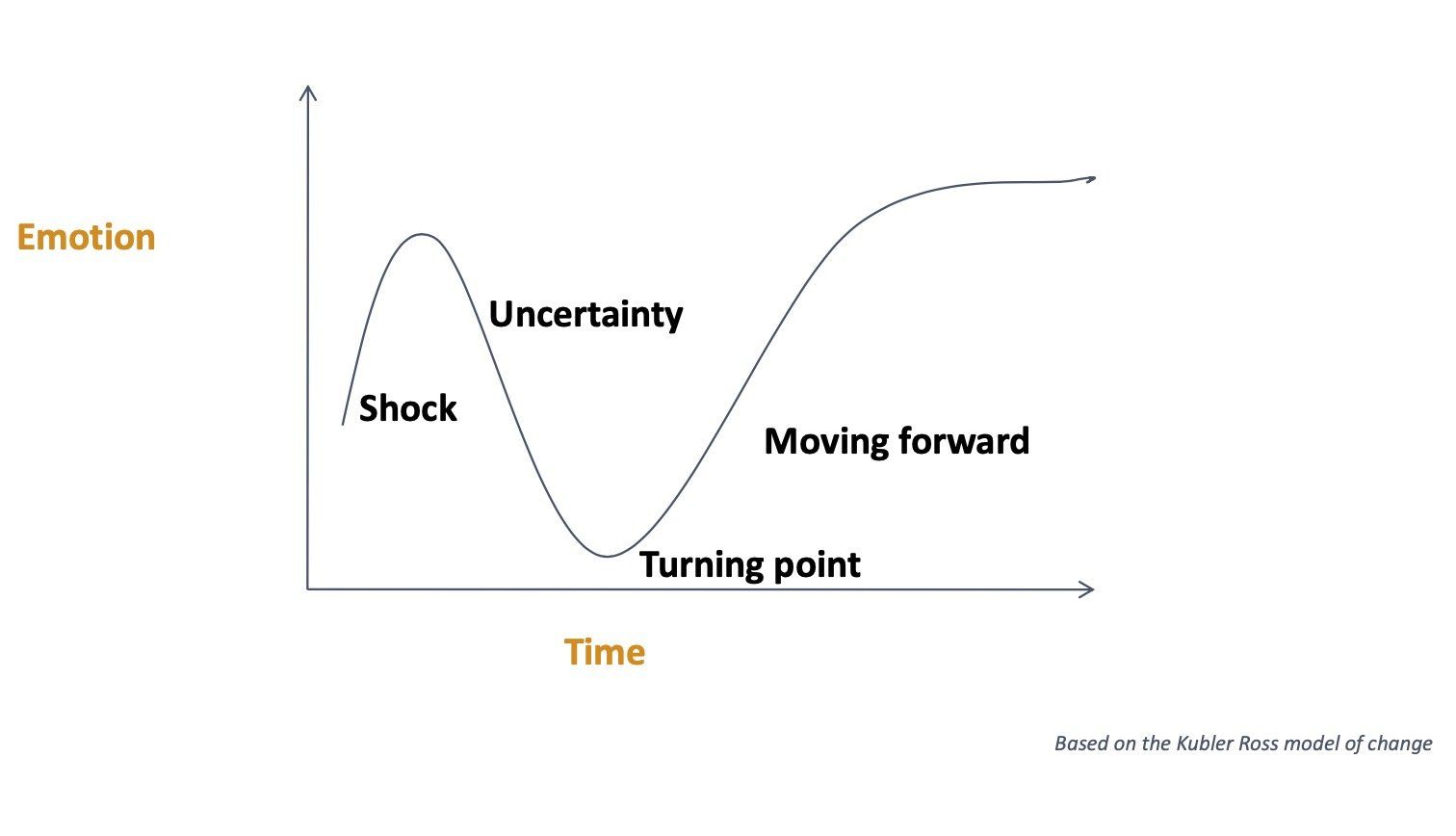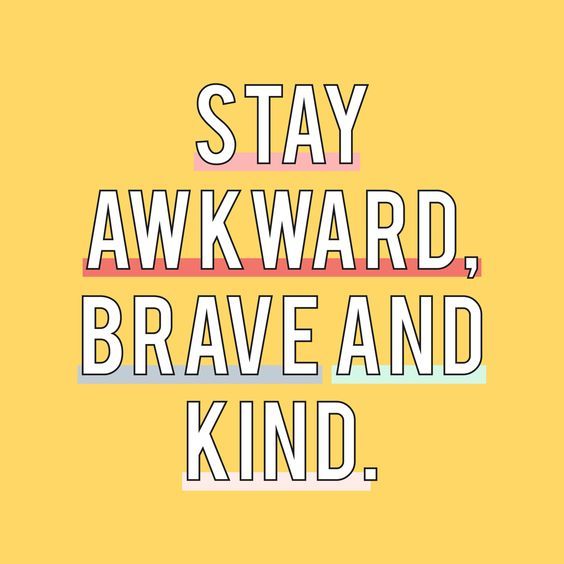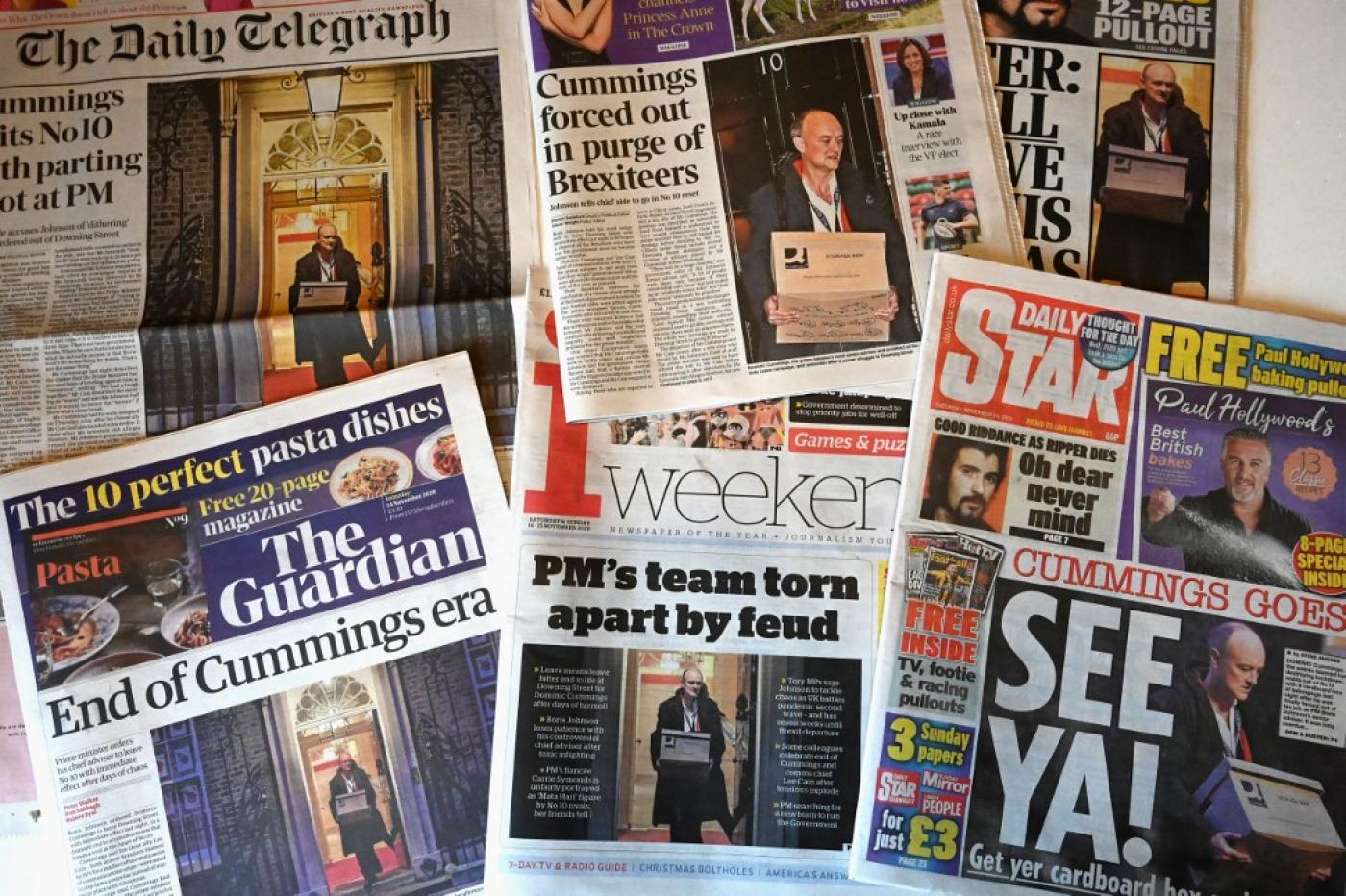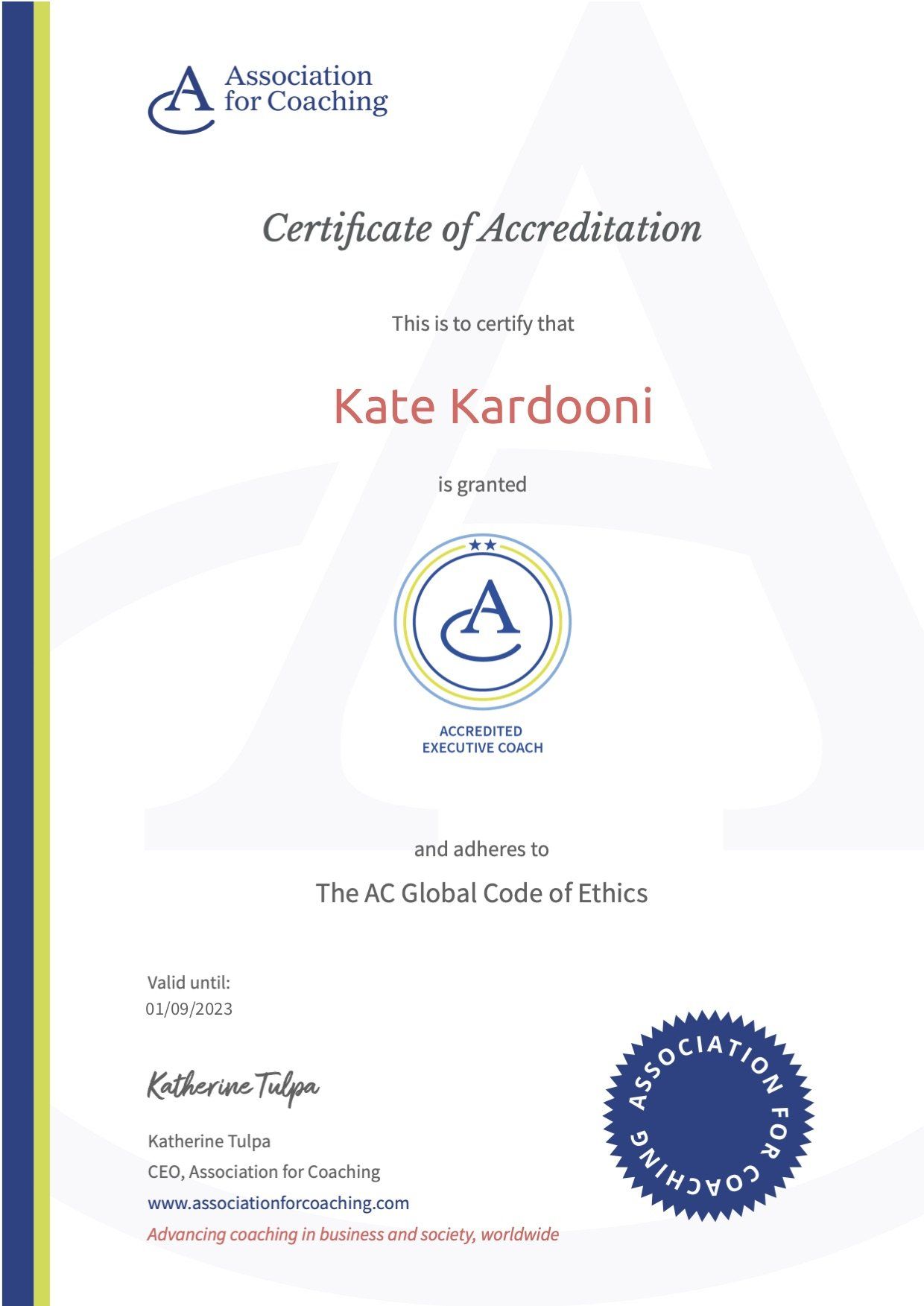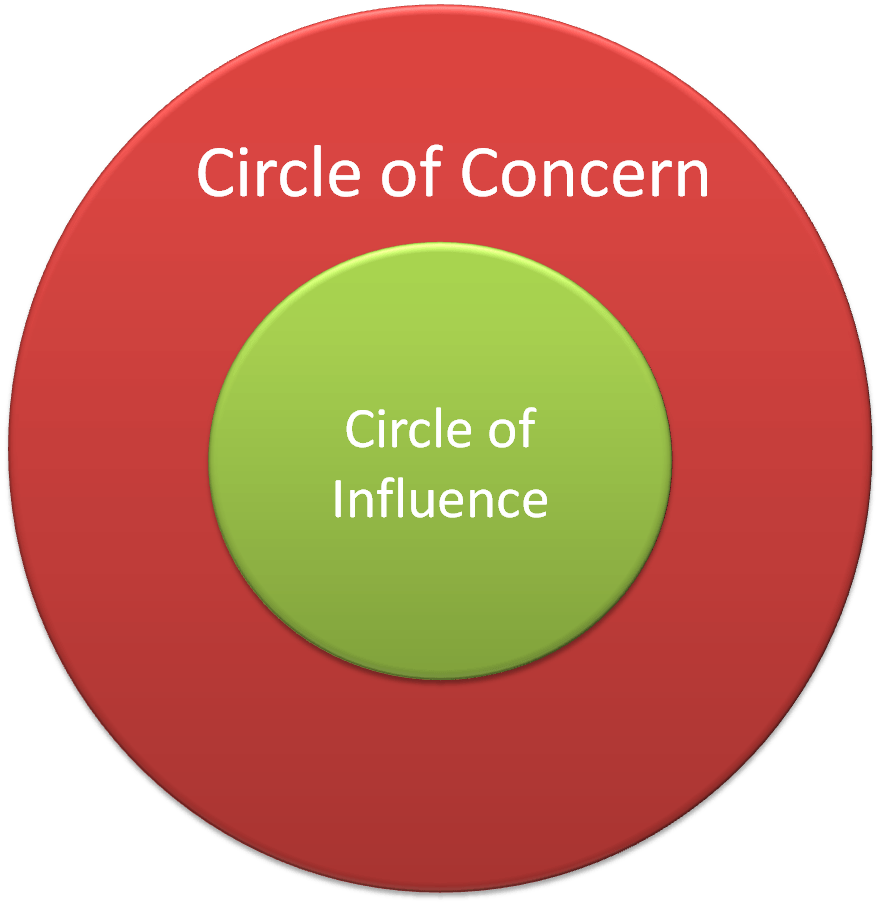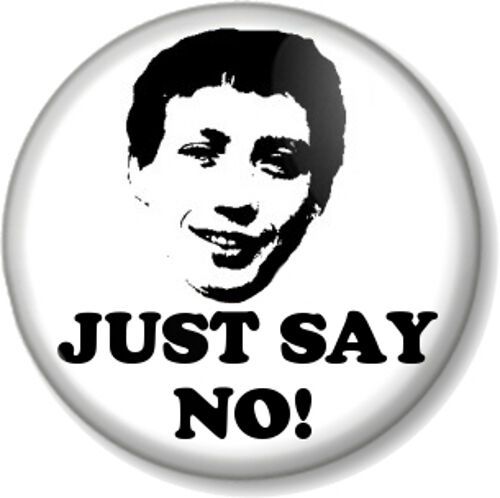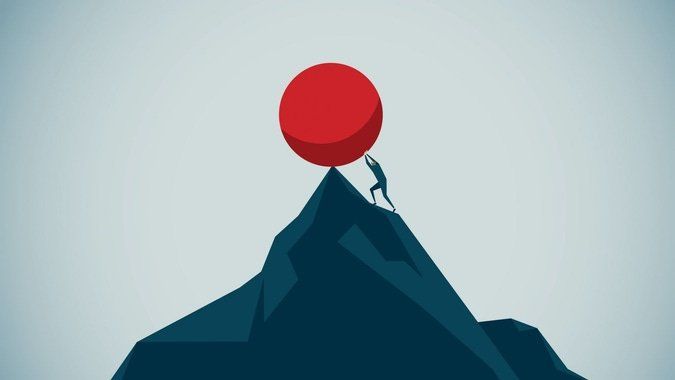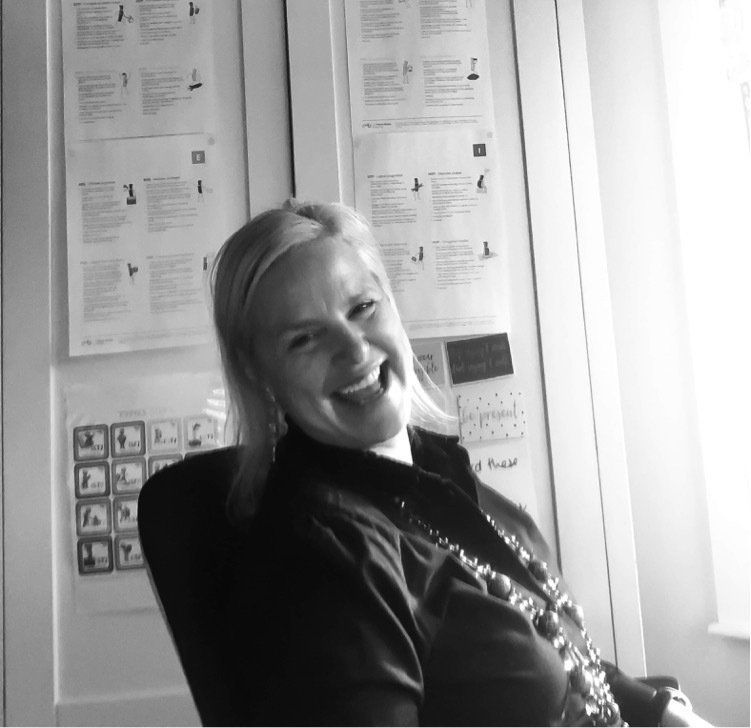
Things you learn when you do a bit more reading than normal!
Thoughts and observations from Lorraine Candy's book about Mums and their teenage daughters

For those people that know me well, I do like a bit of reading; it’s usually fiction, but every so often I stray into the realm of books that focus a little on what I do in my day job. I picked up a book recently called “Mum, what’s wrong with you? 101 things only mothers of teenage girls know” by Lorraine Candy. I’d seen Lorraine talking about her latest book on Steph’s Packed Lunch a few weeks back, and thought I’d check this one out first. What a revelation for a mum of a teenage girl, and as a friend to a number of mums with teenage girls too - the ups, the downs, the challenges and the joy all rolled into a book of about 300 pages.
Before I start, I would like to give a massive caveat here about my relationship with my own daughter… we have the usual ups and downs that all mums and daughters have, but I am immensely proud of the young lady she has become, and I certainly was not reading this book because I have lots of issues with this relationship; I was reading it to give me a few pointers of things that could happen and maybe there were some hints and tips I could use going forward to smooth things a bit more going forward for myself and others.
There were a number of areas that they book talked about and these are some of the key areas that came up for me while reading it
Your relationship
- Please remember that you are not meant to be their best friend – you are their Mum! You can have shared interests, you will love each other most of the time and probably spend a lot of time together doing fun things, but you are the parent. Sometimes, you may have to decide on things that in their eyes will be unfair and will make you unpopular, and this is the way it should work!
- Don’t forget that you will need to provide support and encouragement through issues like puberty and periods – do your research so you can support them as appropriate!
- Don’t go in and try and tidy up their room – they will not thank you for doing it, and they can regard it as a violation of privacy. If they want to live in a cesspit, and you don’t need to call the Health and Safety inspectors in too often, then let them be…! I have learned to step away now, and trust that at some point, there will be an attack of conscience and a clean up session will follow!
- Remember that they are entitled to their own privacy and secrets so don’t freak out about it, and unless the secrets have a dangerous undertone, be comfortable that it’s ok. On the other hand, if there is something underlying that you do get concerned about, try to tread carefully and fairly to ensure they feel safe and supported
- Be aware of your kids personalities – are they sensitive, resilient, quiet, loud dependent on the situation and adapt how you deal with them as a result
- If there is something awful that happens, don’t catastrophise. Think more about how you can support them than turn it into an even bigger issue. Do not at this point become a “helicopter” or “snow plough” parent and try and solve it yourself. Use empathy, and perhaps adopt the “Listen, Nudge” coaching style to get them to find their own solution rather than offer a solution of your own
- Don’t compare yourself to each other; they are their own person. There may be some things they do the same, but don’t encourage it, and don’t comment if they do something you do but not in the way you would do it
- Encourage your daughter to find her voice and speak out about things that matter to her. Be proud of her for this and don’t apologise for her – she can own her own opinions. Teenagers after all usually have a strong moral compass and powerful consciences, and you will want her to speak up for herself – that’s how we can help get more equality, right?
Communication
- When talking about issues that matter, try to talk side by side rather than face to face, as the latter can be a bit more combative in nature…. The best thing to do – go for a walk where you can be side by side very naturally (and get your step count up at the same time)
- ·Sometimes, when a discussion is going around in circles, it could be worthwhile to put a timeline on the discussion to create a boundary and acknowledgement that an issue needs to be resolved. 10 minutes for the discussion seems to be recommended, and maybe bring the ABC for arguments at this point: 1) Accept 2) Breathe 3) Choice
- Remember to ask questions rather than tell them what to do (this is what you would do when they were toddlers but they are now teenagers and have their own minds)
- Learn about active listening! It’s a really important technique – quieten the mind and take in what they are saying. Teenagers need to feel like they are being listened to so LISTEN; don’t interject and don’t try to problem solve. When listening to them, put your phone down so that you are not distracted and they feel like you genuinely are listening
- Be realistic about the size of a misdemeanour – there’s a reason why people say “don’t sweat the small stuff” as maybe the small things really do not matter. However, they do need to realise that larger misdemeanours will have significantly bigger consequences, and that’s how they will learn right and wrong
- Don’t be afraid to say “Let me think about it” if you are not sure about what you want to do. Give yourself the space to reflect
Rituals
- One thing which we have kept going all through the kids school lives is dinner time – Lorraine encourages keeping rituals going in their lives, and I think it can really help to bring an element of stability into their lives
- Practice gratitude or positive affirmations. You could also use dinner time to discuss happy memories or deliver positive affirmations from the day just gone
- Could you use music as a level playing field? Music can be a big element in many kids lives so take time to understand the types of music they are interested in and talk about it with them. I’ve had many a discussion about Harry Styles, and we both went to ABBA Voyage together which was fun!
- Think about how you can slow down and take time out together – we love nothing more than a Netflix Selling Sunset evening, and doing something like this, while not necessarily mega exciting gives us an opportunity to talk, laugh and enjoy time together
Remember that every day is different – sometimes we will do well, and sometimes we will do less well, and this is OK and all part of the learning curve we are always on! The worrying never stops, and you wouldn’t have it any other way, but remember that when they become teenagers, they can sometimes become mean-agers due to the situations and issues they have to deal with, and the best thing you can do is let them be sad, angry, hurt but let them know that you will help and support as needed. This is the time for them to discover their own identity and allow them the ability to grow and develop positively!
Thanks to Lorraine Candy for the great insights from your book. Afterwards, I read the one about me, rather than the teenage daughter; maybe i'll post some insights about that in a few weeks!
